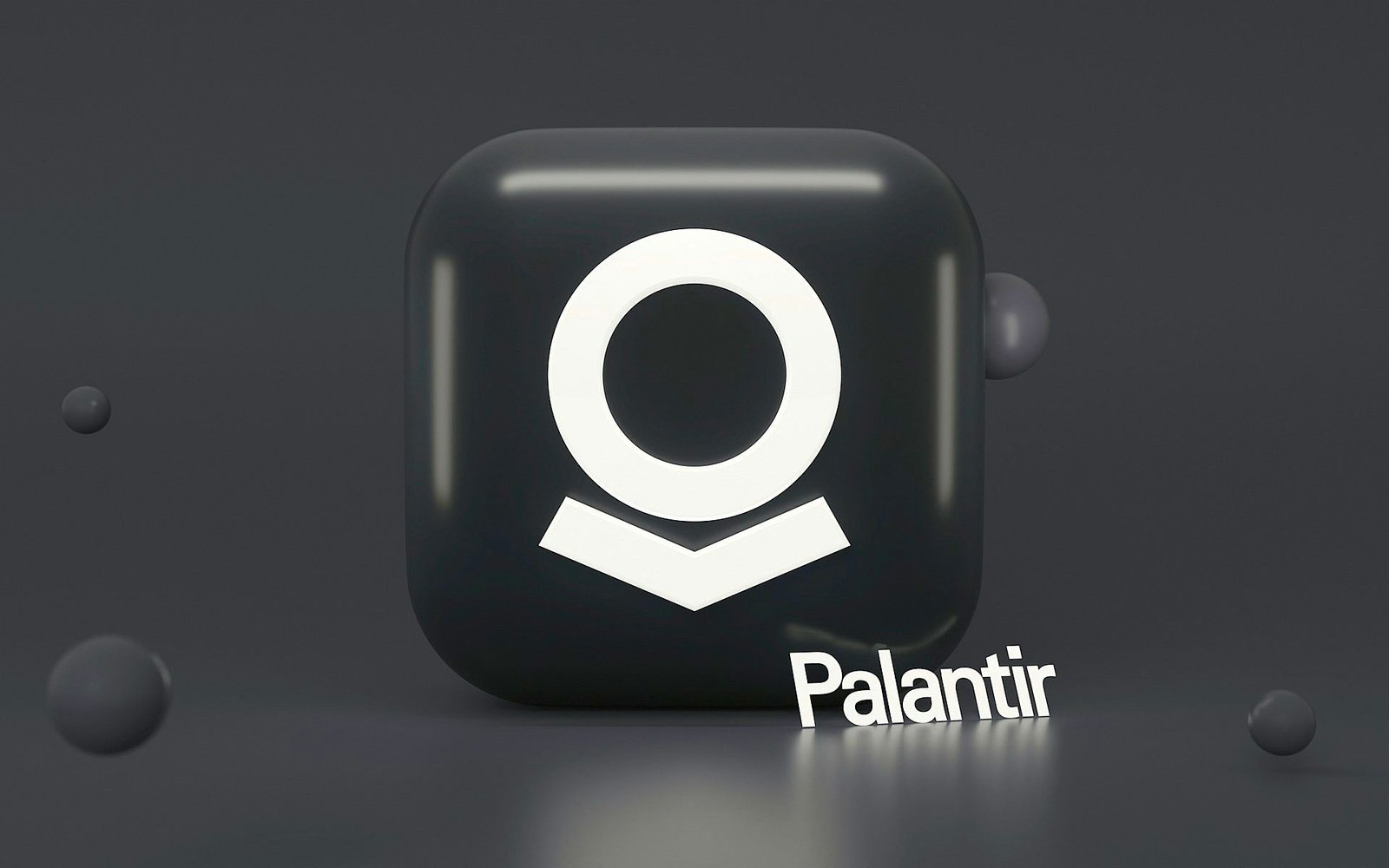AI-Generated Image. Article: Governments Around the World Are Building AI Prisons by Tech Is The Culture
AI Prisons Are Here
Imagine a prison where the warden is an algorithm, the guards are cameras with PhDs in facial recognition, and inmates spend their days training AI models instead of breaking rocks. Welcome to the era of “AI prisons,” a blend of Minority Report and The Shawshank Redemption, where governments are swapping barbed wire for machine learning. Let’s dive into how nations are using AI to reimagine incarceration, a balancing act between innovation and an ethical tightrope.
1. Kazakhstan’s AI Prisons Surveillance (Big Brother Is Watching & Counting)
Kazakhstan has gone full Black Mirror with its AI-powered prison overhaul. The country installed 39,500 high-def cameras across 78 correctional facilities, all linked to an AI system that tracks faces, license plates, and even “event detection” (translation: spotting shivs or suicidal gestures.) The results? Since 2020, the system has flagged 32,000 protocol violations, prevented 62 suicides, and stopped six escape attempts. Oh, and torture allegations? Zero in 2024, a first for the country.
But let’s not get too cozy. While the tech reduces human rights abuses, critics argue it’s a double-edged algorithm. As one Kazakh official put it, “The AI doesn’t take bribes, but it also doesn’t understand mercy.” Still, the system’s success has piqued interest globally, with countries like China and Saudi Arabia reportedly taking notes.
2. Finland’s Data Labeling AI Prisons Training Inmates
Finland is the land of saunas, sisu, and now, Silicon Valley-style prison labor. Inmates are being trained to label data for AI models, like identifying building permits in Finnish text. Why? Finland’s language is spoken by just 5 million people, making native-speaking data labelers a rare (and expensive) breed.
Prisoner “Robin” (a pseudonym) told Euronews, “It’s boring, but better than mopping floors. Plus, I finally understand what AI is.” The pay? A whopping €4.62 per day, the same as other prison jobs. Critics cry exploitation, but officials argue it’s rehabilitation, not Silicon Valley outsourcing. “The purpose isn’t to create data for companies but to prepare inmates for a digital world,” says Tuukka Lehtiniemi, a University of Helsinki researcher.
Meanwhile, Metroc, the startup behind the program, admits it can’t fully rely on prisoners. Founder Jussi Virnala: “Even inmates need coffee breaks.”
3. The UK’s AI Reintegration (Cellblocks To Job Blocks)
The UK is betting on AI to tackle recidivism. Partnering with Q2i and King’s College London, they’re developing an AI platform that connects ex-inmates with jobs, housing, and addiction support. Professor Sir John Strang calls it “a GPS for post-prison life.”
The AI analyzes individual risks and needs, offering tailored resources. For example, someone with a drug addiction might get real-time counseling alerts, while another receives construction job leads. Steven Jenkins, Q2i’s CEO, claims the system reduces reoffending by “treating reintegration like a video game level up; don’t respawn.”
But let’s not ignore the irony: using AI to fix problems exacerbated by… humans. As one ex-inmate quipped, “At least the algorithm doesn’t judge my tattoos.”
4. Mental Health Bots (Therapists in the Cloud)
Correctional staff and inmates are drowning in mental health crises. Enter AI wearables that track stress via heart rate and cortisol levels, offering real-time mindfulness tips. For inmates, these devices alert staff to self-harm risks, while chatbots like Woebot deliver CBT sessions.
Dr. John Gannon, co-author of a Telio Group study, warns, “AI can’t replace human empathy, but it’s better than no care in overcrowded prisons.” In the U.S., where 50% of inmates have mental health issues, such tools are lifelines even if they occasionally suggest, “Have you tried yoga?” to someone mid-panic attack.
5. Ethical Quicksand Is AI Paired With Incarceration
Not everyone’s cheering. The UNICRI warns that tech in prisons risks dehumanization unless paired with “human-centered design.” Meanwhile, AI pioneer Yoshua Bengio testified to the U.S. Senate that poorly regulated AI could “create entities smarter than us, losing control over humanity’s future.”
Key concerns:
– Bias in algorithms: If facial recognition misidentifies minorities, will AI prisons replicate societal prejudices?
– Exploitation: Is data labeling just modern-day chain gangs? Finnish officials insist “it’s voluntary,” but as Fairwork’s Dr. Oğuz Alyanak notes, “low-paid, monitored labor rarely is.”
– Transparency: Kazakhstan’s surveillance hub is government-run; what happens if it is hacked?
The Algorithm Giveth & The Algorithm Taketh Away
AI prisons promise safer facilities, better rehab, and cost savings. But as governments rush to digitize bars, the real sentence might be on ethics. Will AI humanize incarceration or digitize dystopia? For now, the answer lies in code and who’s writing it.
As Finland’s Smart Prison manager Pia Puolakka wisely said, “Tech in prisons should mirror society, not replace it.” Let’s hope governments remember that before outsourcing justice to ChatGPT.
Let us know your thoughts on the subject at techistheculture.bsky.social. Keep ahead of the game with our newsletter & the latest tech news.
Disclaimer: This article may contain some AI-generated content that might include inaccuracies. Learn more [here].



